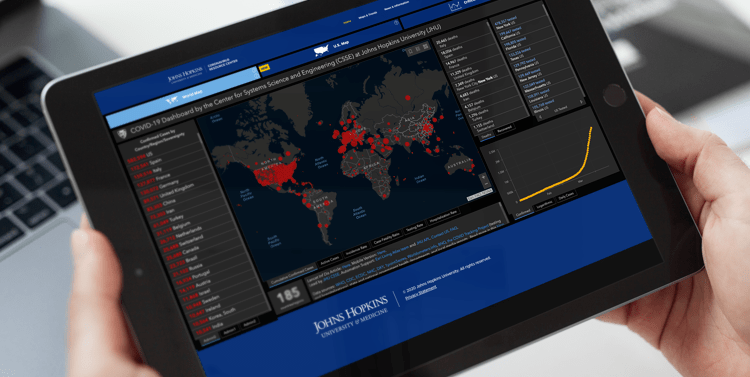It's kind of like vote tampering in that the raw data comes from a whole lot of independent sources (counties, in the case of voting; medical facilities, in the case of COVID testing). It's possible that someone could falsify data (although I expect that it's not that easy to do), but the likelihood that enough do it that it would even move the needle statistically is extremely low.
I think a healthy dose of skepticism is a necessary thing. But I think the conspiracy theory culture has brought too many people to the point where they literally don't believe anything unless they want to believe it, and can never be convinced otherwise.
additionally,
Who is securing the database from those with an agenda?
If the Chinese, Russians and others can successfully penetrate DoD contractors super secret databases?
A few other data breaches
Security reported throughout the year are:
Capital One – 106 million records
State Farm – Unknown
Biometric Records – 27 million records
Quest Diagnostics/AMA – 24 million records
Ecuador Breach – 20 million records
Hostinger – 14 million records
DoorDash Breach – 5 million records
Choice Hotels – 700,000 records
European Hotel Group – 600,000 records
Sprint Data Breach – Unknown

en.wikipedia.org
This is a list of
data breaches, using data compiled from various sources, including press reports, government news releases, and mainstream news articles. The list includes those involving the theft or compromise of 30,000 or more records, although many smaller breaches occur continually. Breaches of large organizations where the number of records is still unknown are also listed. The various methods used in the breaches are also listed, with
hacking being the most common.
Most breaches occur in North America. It is estimated that the average cost of a data breach will be over $150 million by 2020, with the global annual cost forecast to be $2.1 trillion.
[1][2] It is estimated that in first half of 2018 alone, about 4.5 billion records were exposed as a result of data breaches.
[3] In 2019, a
collection of 2.7 billion identity records, consisting of 774 million unique email addresses and 21 million unique passwords, was posted on the web for sale.
[4]



